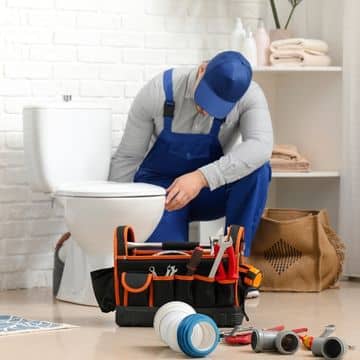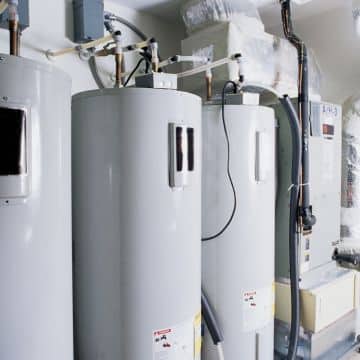Early Plumbing Maintenance Benefits
- Seattle, Wa
The Importance of Early Plumbing Maintenance for Homeowners
As a homeowner, you know the importance of maintaining your property to keep your family healthy and safe. While you may remember to fix a leaky faucet or a running toilet, many homeowners overlook the need for regular plumbing maintenance. Plumbing systems are an important part of any home, providing clean water for cooking, drinking, and bathing. So, it’s crucial to take care of them to prevent major damages and costly repairs. In this article, we’ll look at the importance of early plumbing maintenance, why it’s essential for your home’s health, and the benefits of hiring a professional plumber in Seattle, Washington.
Prevents Leakage and Water Damage
Early plumbing maintenance can help prevent leaks and water damage. Even a small leak can cause significant damage to your property if left unattended for an extended period. It can also cause mold to grow, destroy floors and carpets, and create an unpleasant smell. Regular maintenance can help detect and fix leaks before they become major problems.
Saves Money
Early plumbing maintenance can save you money in the long run. Preventative maintenance is always cheaper than emergency repairs. When you neglect your plumbing system, small issues can grow into major ones that require costly repairs. Consistent maintenance helps catch potential problems early to prevent extensive damage, which saves you money on emergency repairs.
Increases the Lifespan of Your Plumbing System
Regular plumbing maintenance can extend the life of your plumbing system. When you take care of your plumbing system, it will last longer than when you don’t. Plumbing systems, like anything in your home, deteriorate over time. Consistent maintenance ensures that your system is working efficiently and reduces the risk of failure.
Improves Your Home’s Health and Safety
Early plumbing maintenance can significantly improve your home’s health and safety. A neglected plumbing system harbors bacteria, mold, and other harmful contaminants that can cause health problems. Regular maintenance ensures that your plumbing system is clean, free of contamination, and working efficiently.
Hire a Professional Plumber in Seattle, Washington
While you may be able to fix some plumbing issues yourself, it’s always wise to hire a professional plumber to handle your early maintenance needs. You may be putting your property and your family at risk if you choose to maintain it yourself. A professional plumber has the experience, knowledge, and tools to handle plumbing issues efficiently and correctly. They can help you with routine maintenance, repairs, and replacements while ensuring the highest level of safety and quality.
Contact Us Today!
Early plumbing maintenance is essential for maintaining a healthy, safe, and efficient home. Regular maintenance can prevent leakage and water damage, save you money, increase the lifespan of your plumbing system, and improve your home’s health and safety. By hiring a professional plumber in Seattle, Washington, you can ensure that your plumbing issues are promptly and efficiently resolved, giving you peace of mind. Don’t neglect your plumbing system, schedule routine maintenance with a professional plumber to keep your home functioning smoothly. If you have any questions about what’s best for your specific needs please consult with one of our qualified estimators at Wezee’s Plumbing. We have been servicing Seattle and its surrounding areas for over 14 years.




